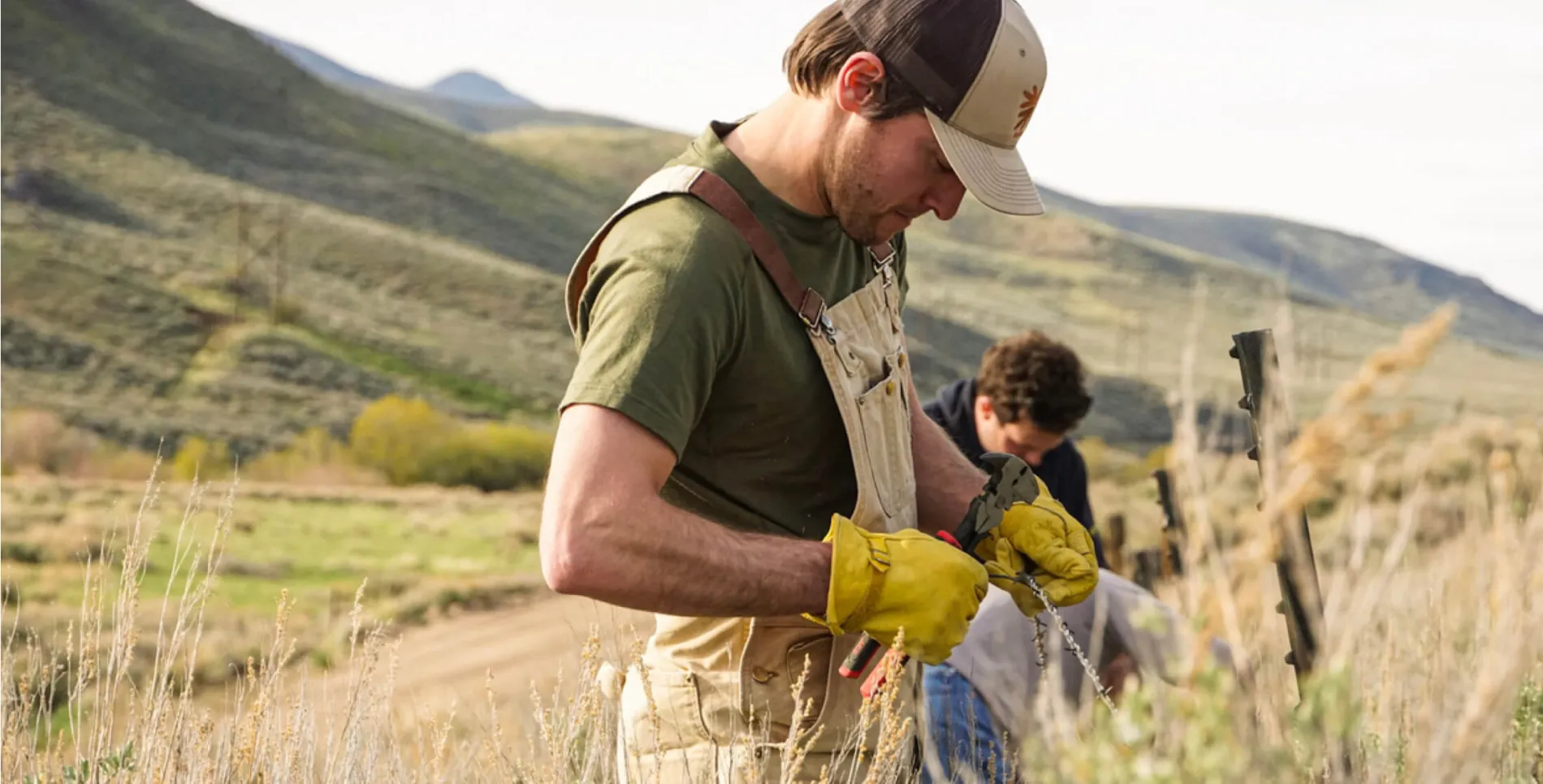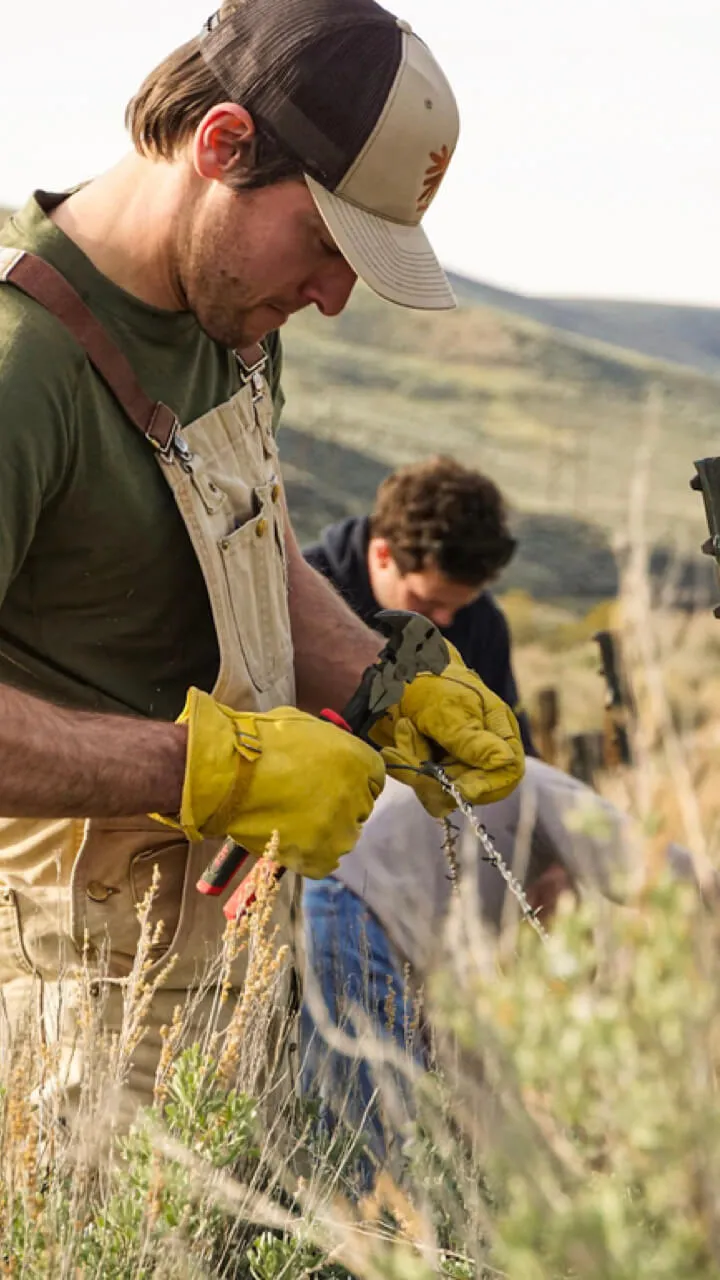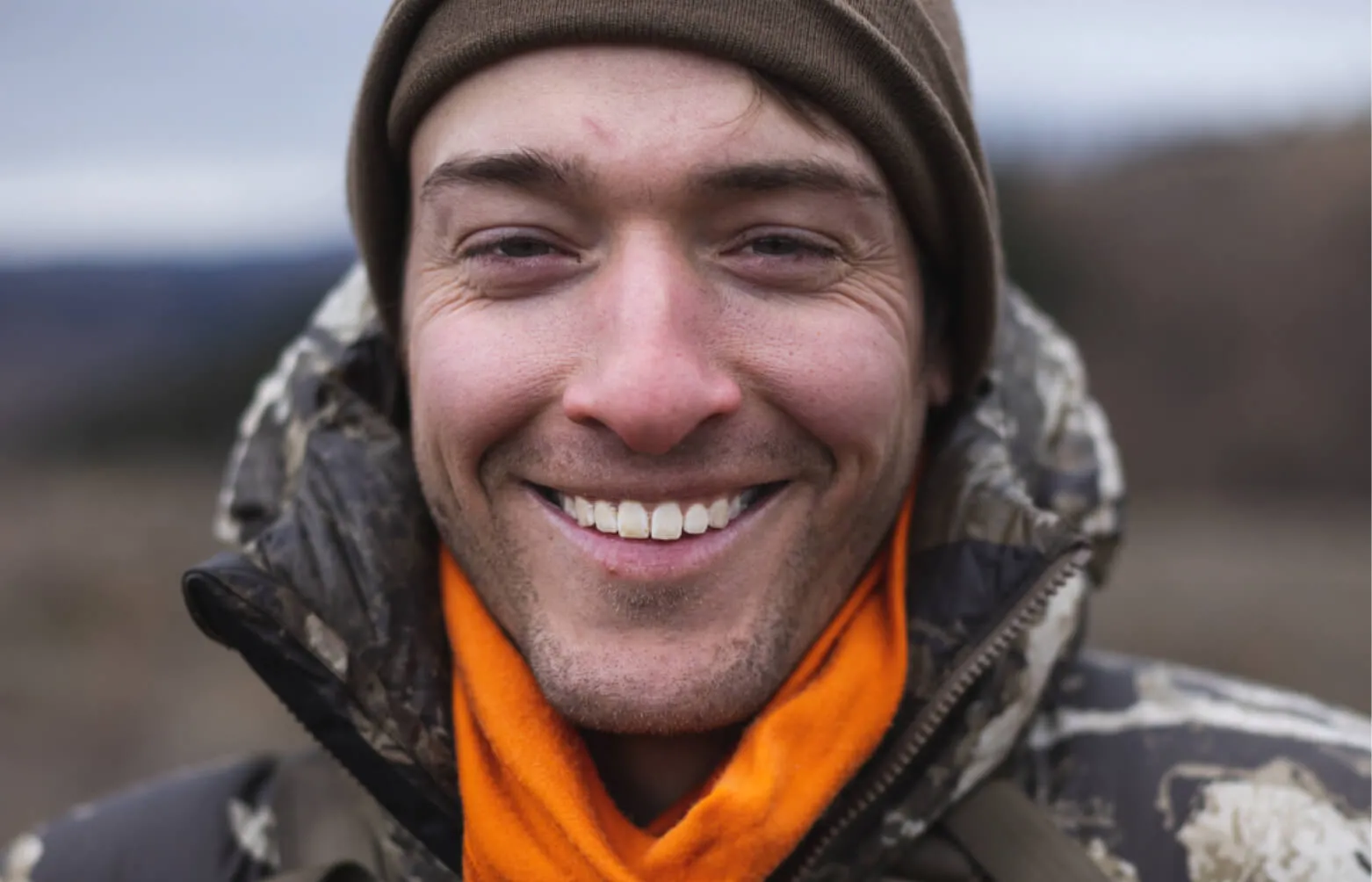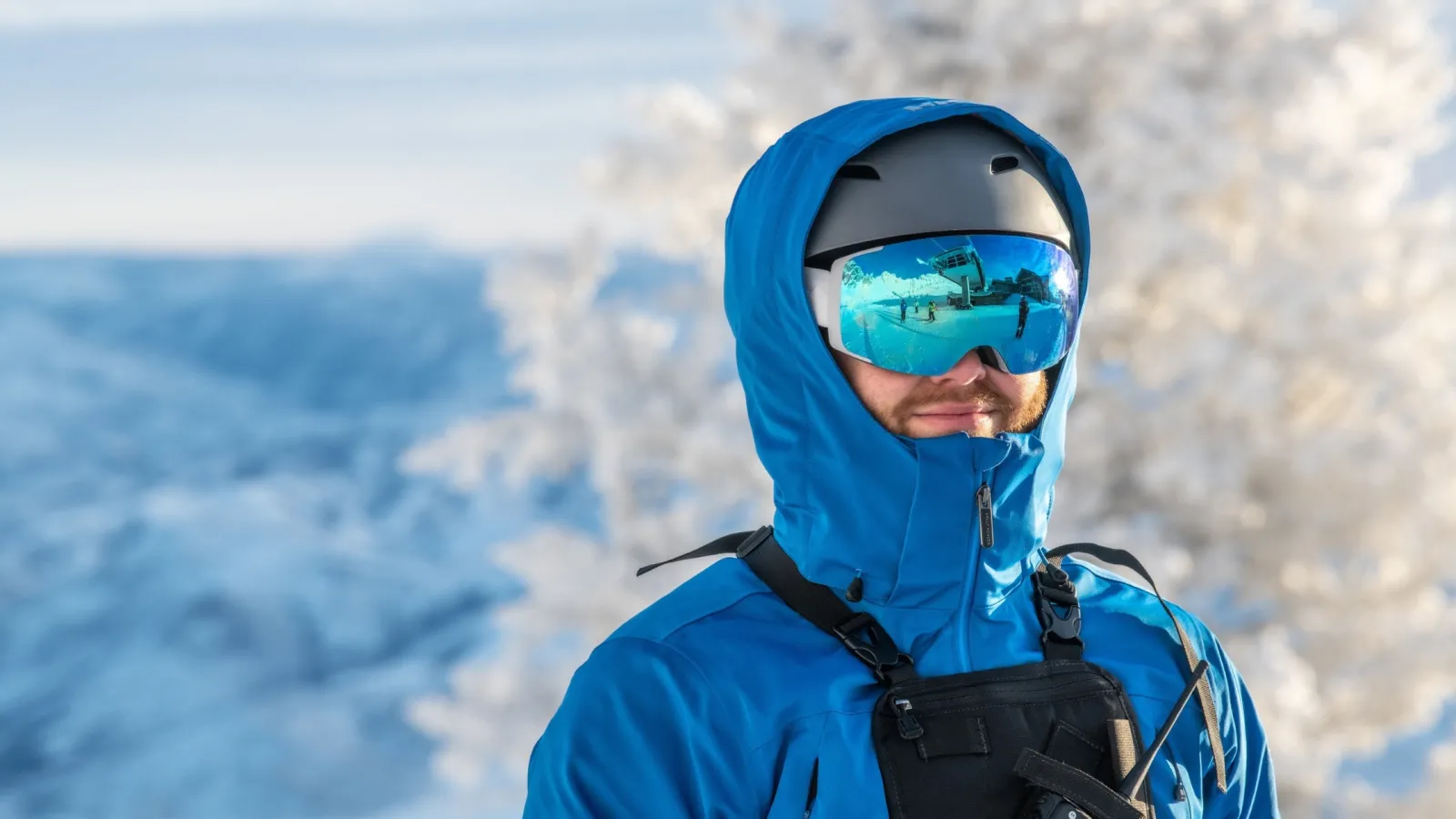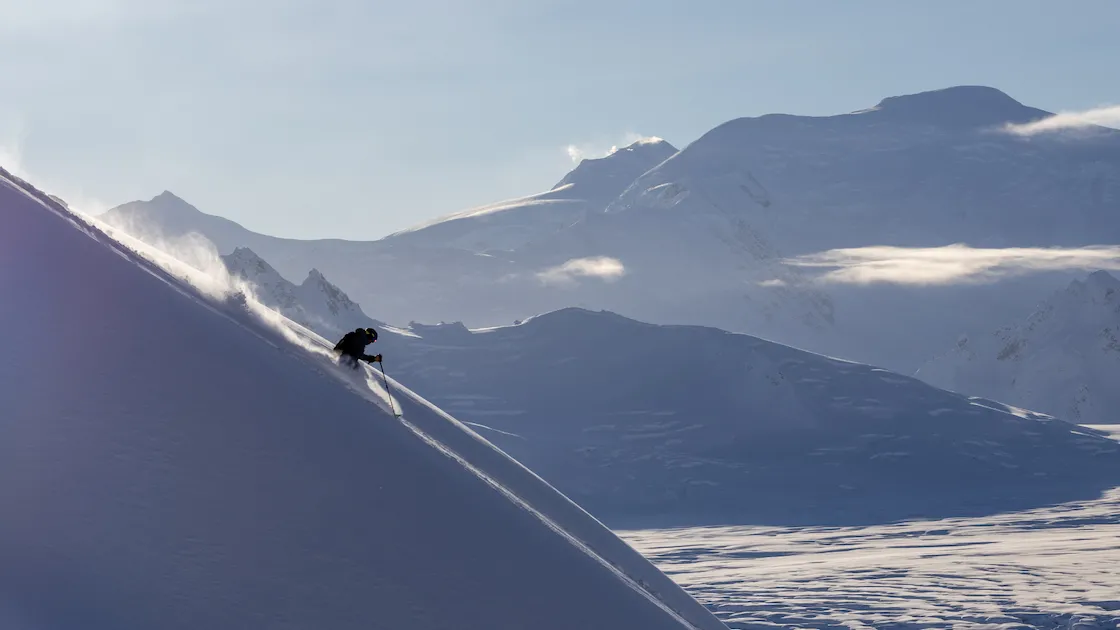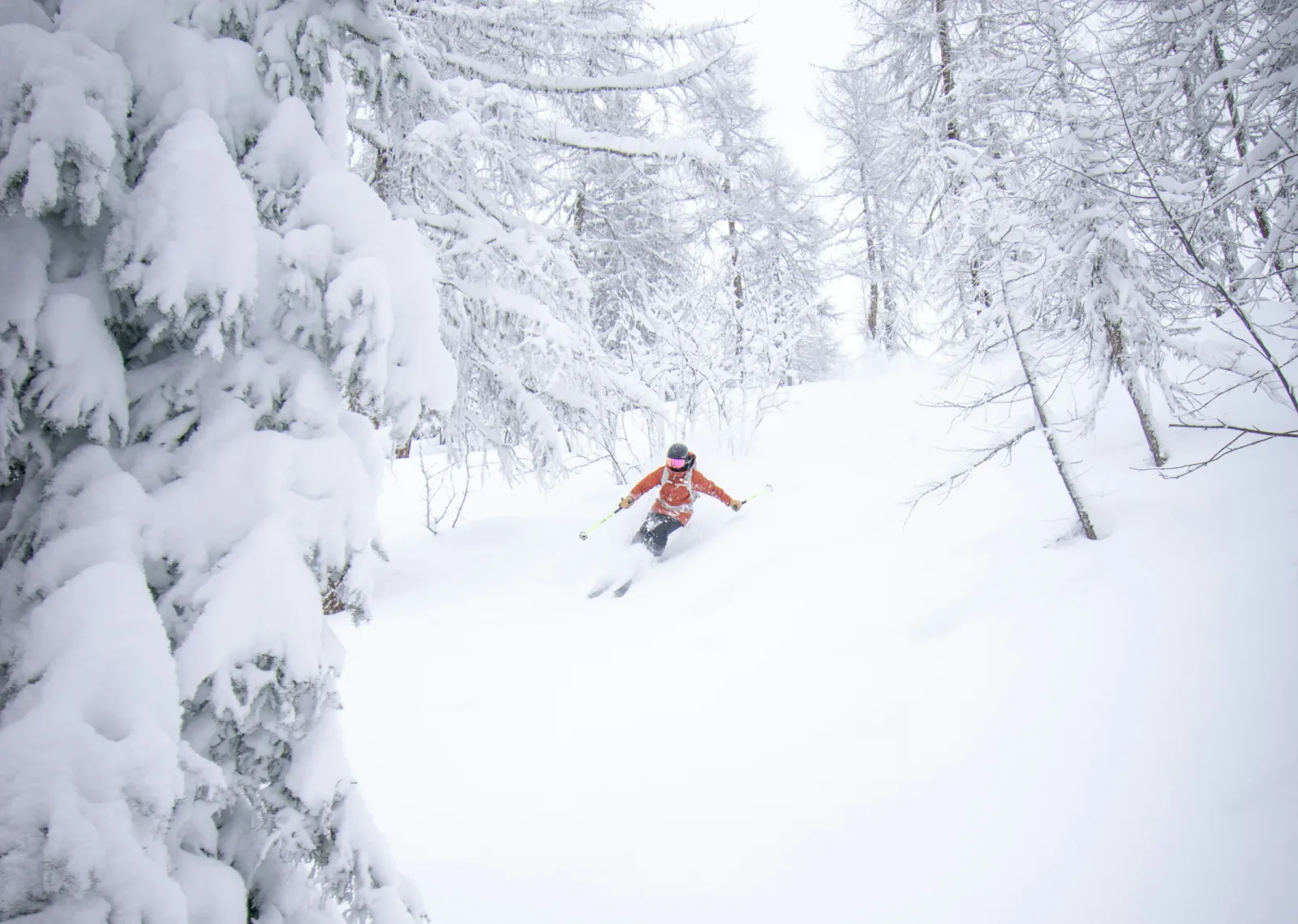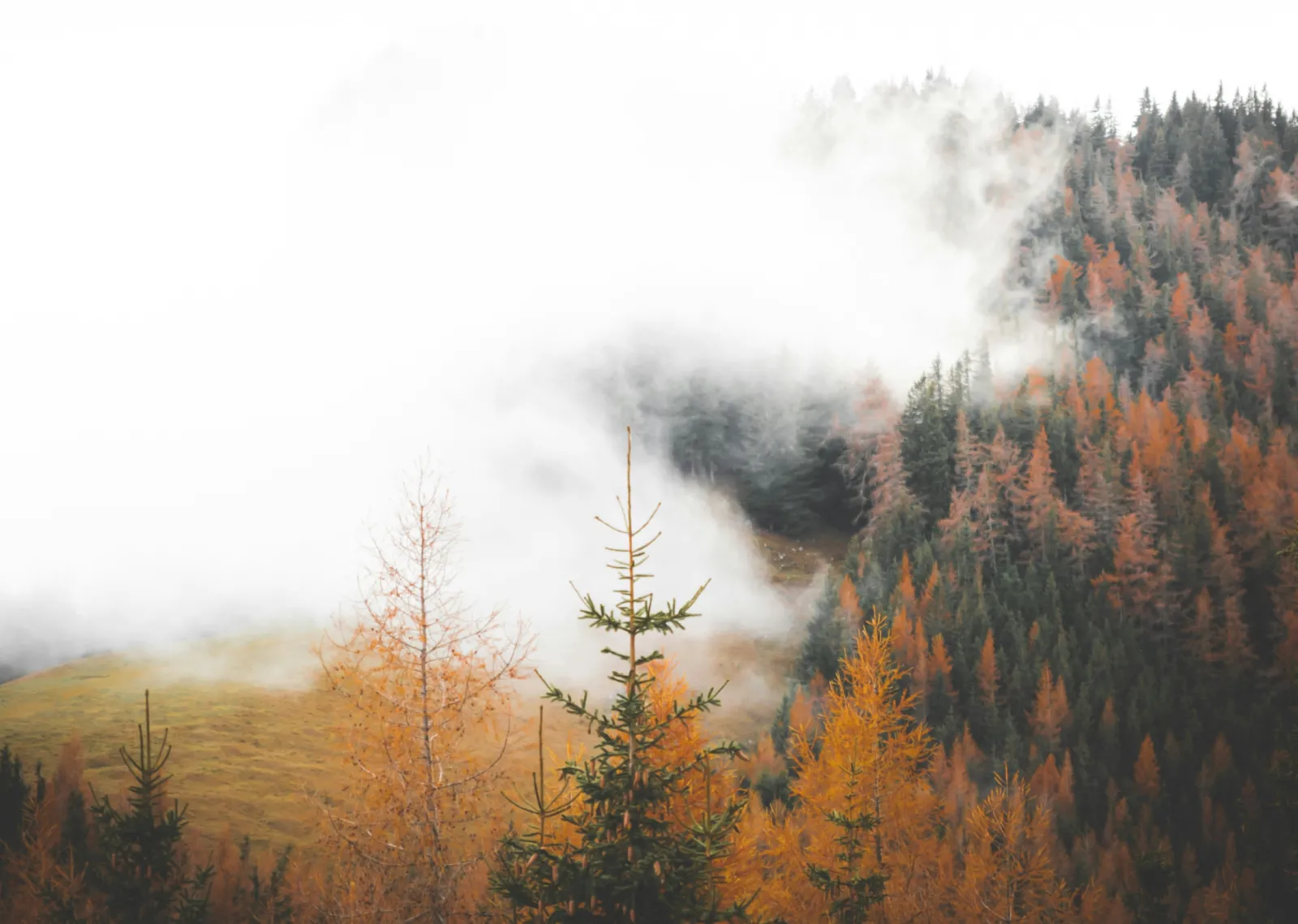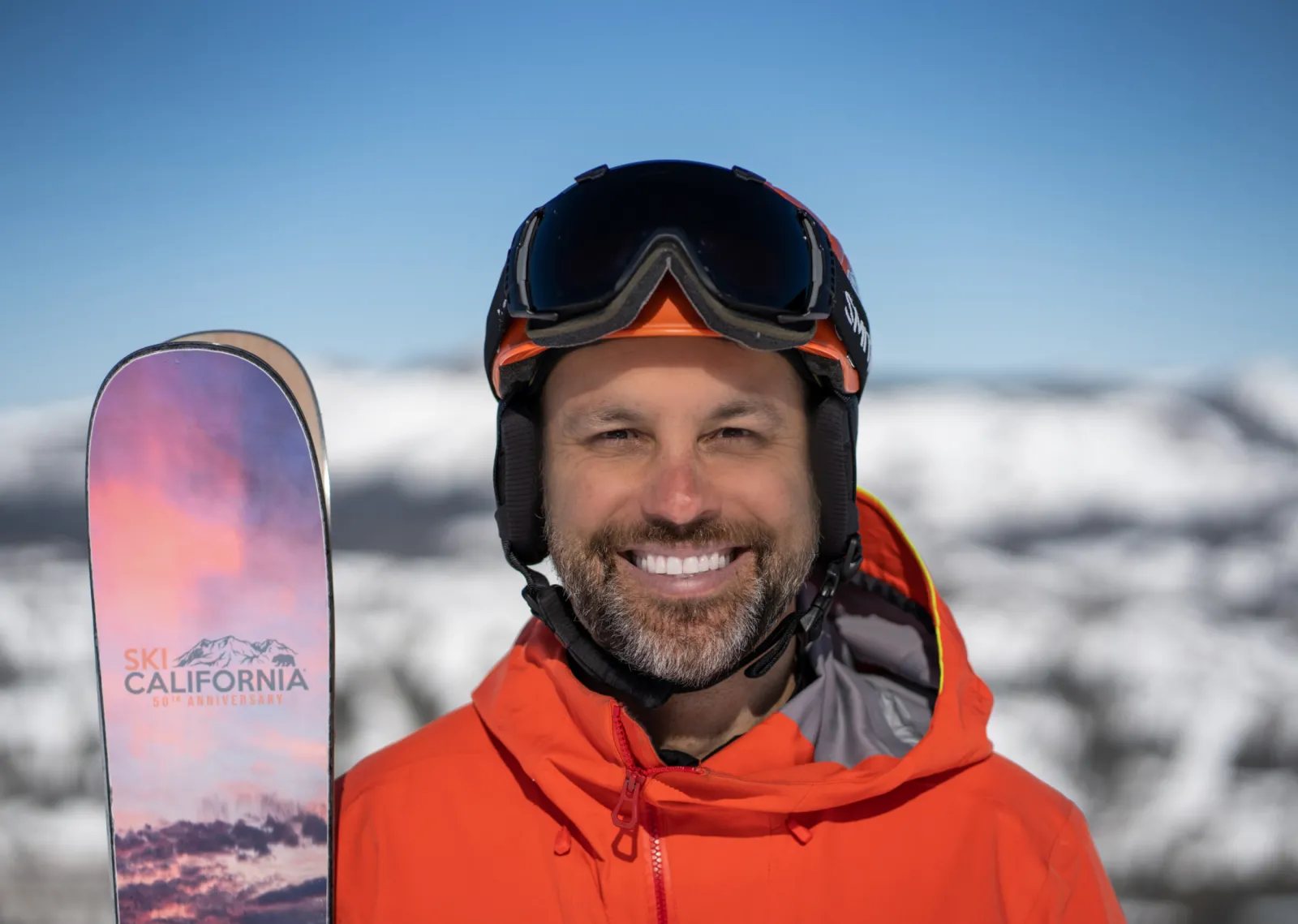How one speciality apparel brand is responding to an historic surge in new hunters
Although many outdoor industry sectors saw an uptick in pandemic-related business, there are arguably none that benefited quite so much as hunting. We sat down with Ford Van Fossan, Conservation and Content Manager at First Lite, the Ketchum, Idaho-based hunting apparel brand... that’s so committed to the pursuit of wild game, they even have an ammo reloading bench on the main floor of their headquarters to get the inside details on how this uptick in interest has affected them.
Although many outdoor industry sectors saw an uptick in pandemic-related business, there are arguably none that benefited quite so much as hunting. That’s in part because the surge in interest that accompanied the pandemic helped reverse what in many regions was a decades-long decline in participation. For instance, in my home state of Vermont, where hunting is woven into the fabric of the culture, and where license sales have been in decline since at least 1987, 2020 saw license sales increase by nearly 20%. Nationwide, hunting license sales grew to the highest level in over 60 years.
This got us wondering: How are established hunting brands responding to this surge? What - if anything - are they changing? And what sort of strategy do they have to help ensure that this increase isn’t merely a pandemic bump, but rather a more durable phase of growth that can be leveraged to continue increasing participation? To answer these questions (plus a few more), we sat down with Ford Van Fossan, Conservation and Content Manager at First Lite, the Ketchum, Idaho-based hunting apparel brand that’s so committed to the pursuit of wild game, they even have an ammo reloading bench on the main floor of their headquarters.
Origin: First, how’s business?
Ford Van Fossan: Honestly, it’s raging. Pretty much all the challenges associated with the pandemic actually aligned with our business, which is based on an activity that produces food, is done outside, and generally in isolation. We had more people hunting, and on top of that, more people shopping online, which also fits our business model. Sometimes I feel a little bit of survivor’s guilt, because I know that plenty of people and businesses are really struggling.
Origin: Do you feel like this surge will last?
FVF: Well, that’s another question for sure, and it gets even more interesting when you consider some of the wildlife management implications of the pandemic. For instance, I just saw a report suggesting that we might see a decline in wild turkey populations due to the pandemic-induced reduction in activities such as prescribed burning, timber stand improvement and tree planting that support their preferred habitat. So the pandemic’s effects are complicated, and it’s not entirely related to whether or not we can convince all these new or returning hunters to stay with us.
Origin: But clearly that’s a big part of it, right?
FVF: Absolutely. And there’s no doubt that we need to continue making more hunters.
Origin: Still, to even get to that point, you’ve got to get someone interested in the first place. What’s the path to that
FVF: The average hunter is 58, white and male. If we don’t make a shift, we’re 15 years from aging out; we’re on a conveyor belt that ends. So the key is bringing new people into the tent. And I think the entry point to that is food, because everybody eats. It doesn’t matter if they’re young, old, white, black, brown, gay, straight, urban, or rural: Everybody eats. And if you put wild game in front of them, really make that connection to food - they’re like whoa. For a lot of people, that’s a transformative experience.
Origin: One thing we’ve noticed at Origin is an increasing amount of crossover between the mountain sport culture and the hunting crowd.
FVF: Yes! That’s very clear to us, too. And it’s actually part of our company DNA. First Lite was started by a former Smith Optics employee and a Burton contracted photographer. We were forged in a multi-sport environment, the ski town of Sun Valley, and that’s a big part of who we are. We’re hunters, but we’re also skiers and riders and cyclists. And I think that points to an opportunity for the hunting industry to position hunting as another activity you can do in the mountains, that just happens to have the added benefit of producing food.
Origin: It occurs to me that one of the big hurdles for a lot of new hunters is the simple fact that hunting requires a gun. And a lot of people just aren’t that comfortable with guns. How do you crack that nut?
FVF: That certainly is a challenge. Where a lot of people grow up, guns only mean violence. I think this is especially true in urban communities; in rural locations, guns tend to be seen more as a tool to be used cautiously in the process of making food. I think the answer is still food, and making that connection between a firearm and all the possibilities it opens up. I also think it’s worth emphasizing that firearms have a lot of safety checks built into them; when they’re used correctly and responsibly, they’re actually incredibly safe. Of course, proper training is an absolute necessity.
Origin: I know First Lite has played a very active role in land conservation and also supporting public lands, which are roles that have historically been the domain of non-profit organizations. Is this a trend that the for-profit hunting industry is embracing as a whole?
FVF: in my opinion there can never be enough movement in this direction, but yes, it’s absolutely becoming more normal. We’re getting to a point where there’s a friendly competition in cause marketing between hunting apparel companies, and it’s definitely contributing to the greater good. We’re all trying to one-up one another and wildlife wins. And we’re also collaborating a lot. For instance, we’re currently working to acquire ground to open up 10,000 acres to public land to recreational access, and we’re doing that with a number of for-profit partners.
Origin: Beyond conservation, what is First Lite doing to support both the hunting industry and the actual activity?
FVF: A big part of it is mentorship. We actually have a competition within the company to see who can mentor the most new hunters in a single season, and next season we’re going to host a hunter’s ed class in the office. We also place an emphasis on mentorship within our ambassador program. We want ambassadors who mentor lots of hunters within their communities.
A lot of us in the industry bemoan that we’re losing hunters. We need to batten down the hatches and make sure that every single one of us is mentoring a new hunter every single year; And preferably one that doesn’t look and sound the same as us.
Much of what we see here at Origin mirrors Ford’s experiences and observations. Increasingly, we notice an intermingling and overlapping of the mountain sports and hunting communities. Indeed, even amongst our team, we have employees whose anticipation for the opening day of rifle season is equal to their excitement for the first powder day of the new winter. Perhaps this overlap has always existed, and we’re just now beginning to recognize it, or perhaps it really is representative of a cultural shift. Most likely, it’s a bit of both. But no matter what, we celebrate it, because we know that when people spend time outdoors, whether it’s with a hunting rifle in their hands or skis on their feet, they develop appreciation and simple care for the natural world. And there’s no such thing as too much of that.
